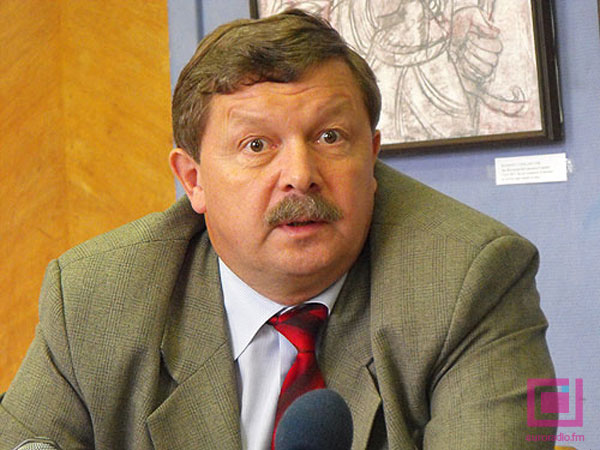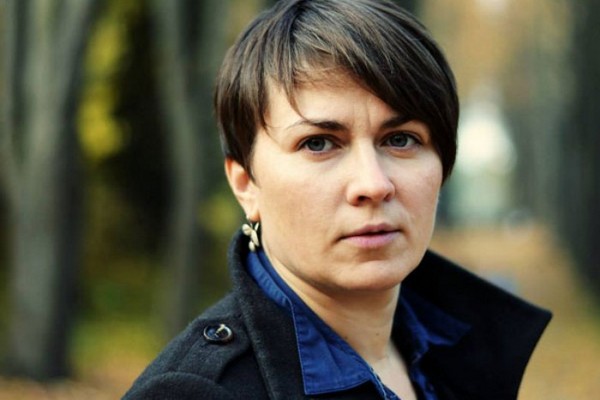‘One signature out of 100 flats’: Candidates collecting signatures
Anatol Lyabedzka, Syarhei Kalyakin and Tatstsyana Karatkevich share their experience in signatures collecting.
“Even deputy Ministers’ families sign”

UCP contender Anatol Lyabedzka has been collecting signatures for 25 years – he began in 1990. He has been doing it every election campaign since then. It is possible to collect 35 signatures a day if you spend 3 or 4 hours in the evening visiting flats. 1000 members of the initiative group just need to collect 100 signatures in 3 or 4 evenings. Different groups of population react differently, Anatol Lyabedzka said. “Women are more inclined to sign despite the fact that they are thought to be more conservative. Especially when it is time to vote.”
Lyabedzka’s adherents are going to focus on workers and private entrepreneurs during this election campaign. They will try to collect their signatures in the first place. Anatol Lyabedzka advised against wasting time on ardent adherents of the current government and said that even families of higher officials had signed for oppositionists in the past. “There were a few cases when I got to flats of higher officials. They did not give their own signatures to us but they called their family members and asked them to do it.”
“I have a teammate who collected 1000 signatures once”

“It is always different. Collecting signatures at pickets and in flats is different. I collected 50 signatures an evening once. I have a teammate who collected 200 signatures a day and 1000 during the whole campaign. The main problem is when there is nobody home. You come, and nobody opens the door. I think we will encounter the problem this time too,” contender of the Belarusian party of the left Fair World Syarhei Kalyakin said.
It is difficult to collect signatures, the politician said. But it is also interesting. “Sometimes they won’t open the door. Sometimes they invite you to tea. It is difficult to refuse people at times.” Kalyakin has always collected signatures in Minsk Soviet District. The hardest area was Zalataya Horka. “I do not know why. Intelligent people live there. But they wouldn’t sign. It is much easier in Kulman and Kuibyshava Streets where workers live,” Kalyakin said.
There are 1413 people in Kalyakin’s team this year. Every one of them needs to collect at least 71 signatures in 30 days for the registration of their candidate. This is real if they do collect sigantrues.
“One signature out of 100 flats”

Candidate of Tell the Truth and BPF Party Tatstsyana Karatkevich also has signature collecting experience. She did it last August – Karatkevich wanted to run for MP. August is a difficult period for collecting signatures – many people are on vacations. “You come to a block of flats and only a few people open the door to you. The others are away. I had a sad experience in Zaslauskaya Street in Minsk once. I managed to collect only one signature in a block of 100 flats.”
It is real to collect 25-30 signatures an evening, Karatkevich said. At least she did it. The potential candidate has never had any serious conflicts with people while collecting signatures. Most citizens are adequate and even if they do not want to sign, they can just listen to you and say something. The strangest incidents occurred at signature collection pickets, Karatkevich recalled. Decent people sometimes approach you and ask when the opposition is going to establish democracy in Belarus. “I do not understand it. Why divide candidates this way? We should all work together,” Tatstsyana Karatkevich believes.

















